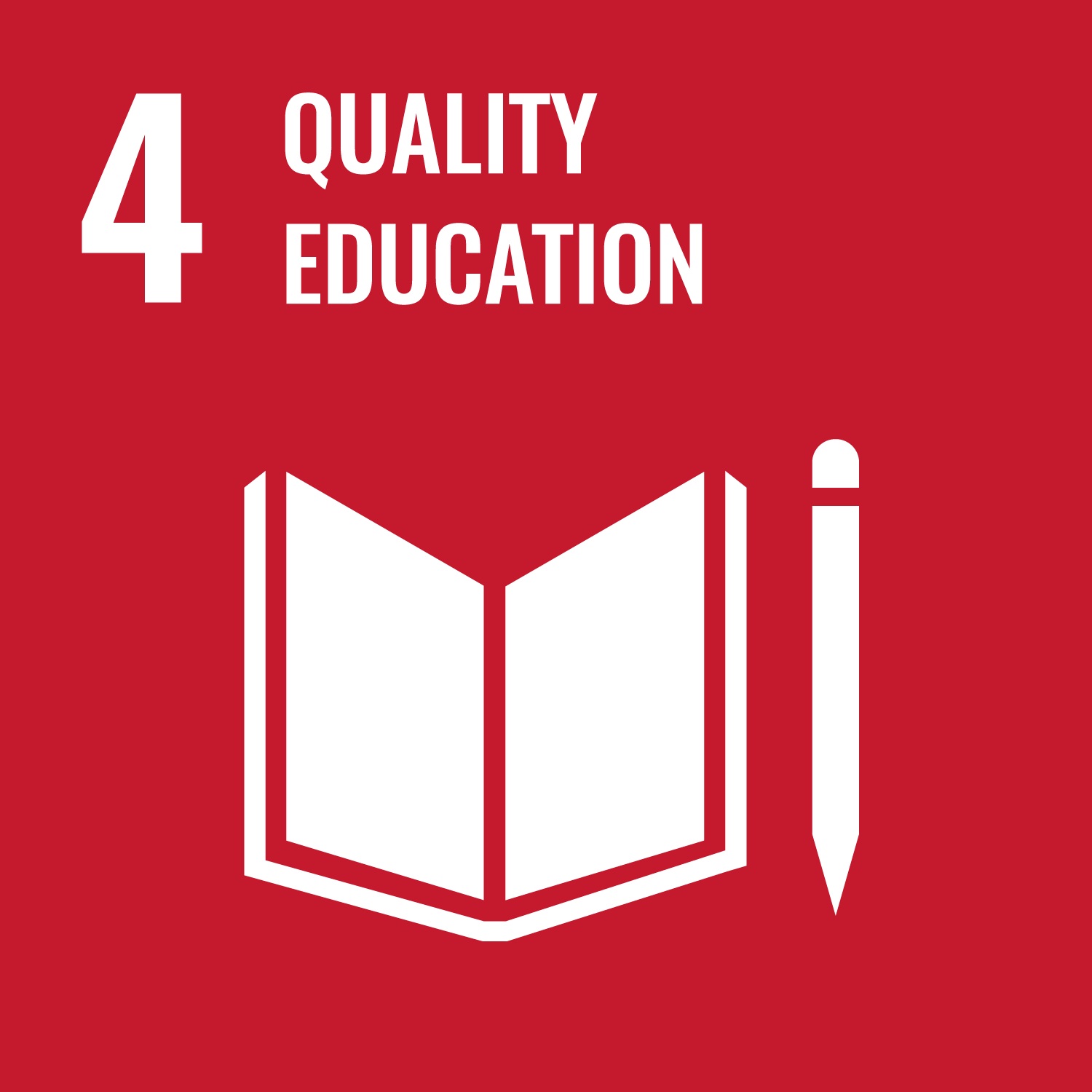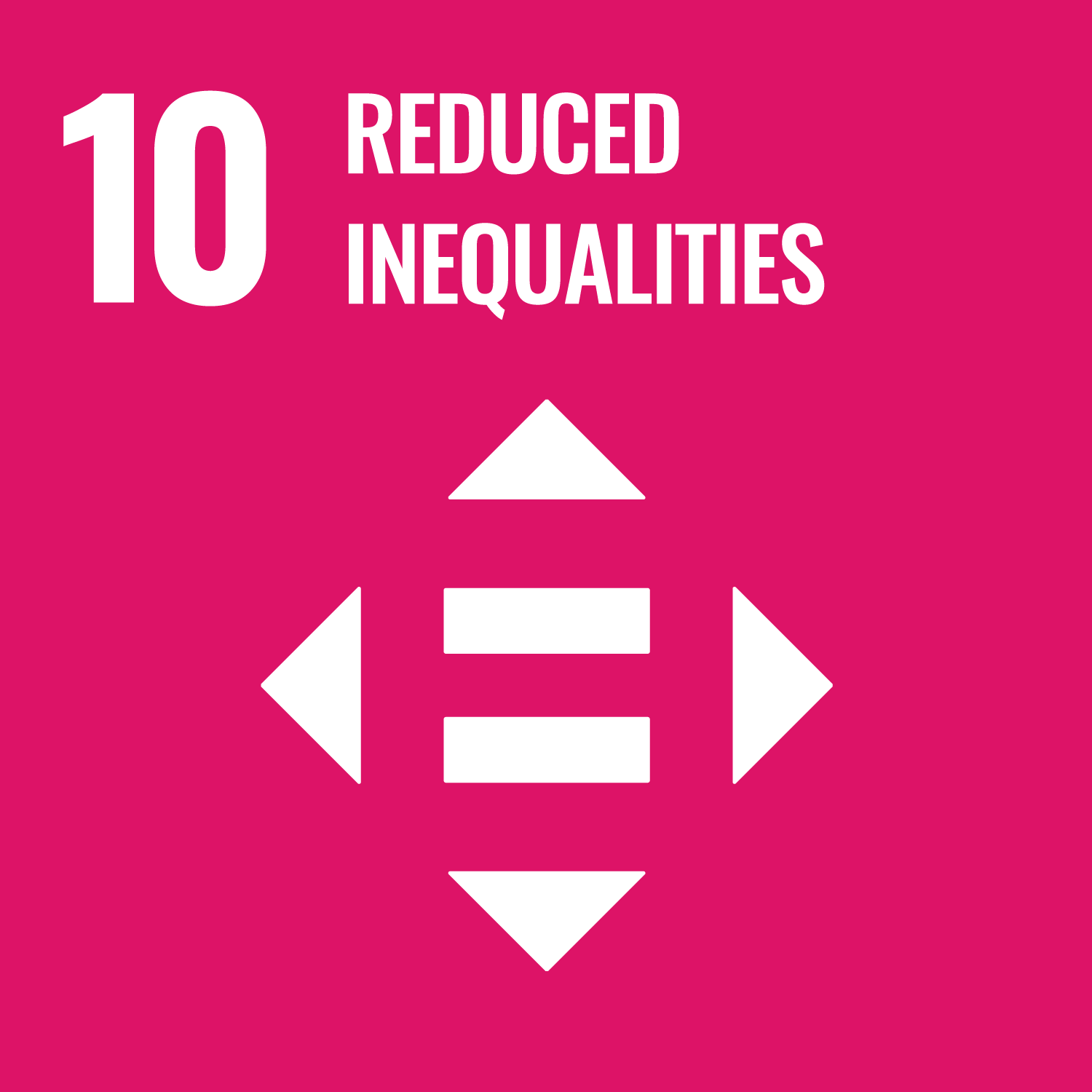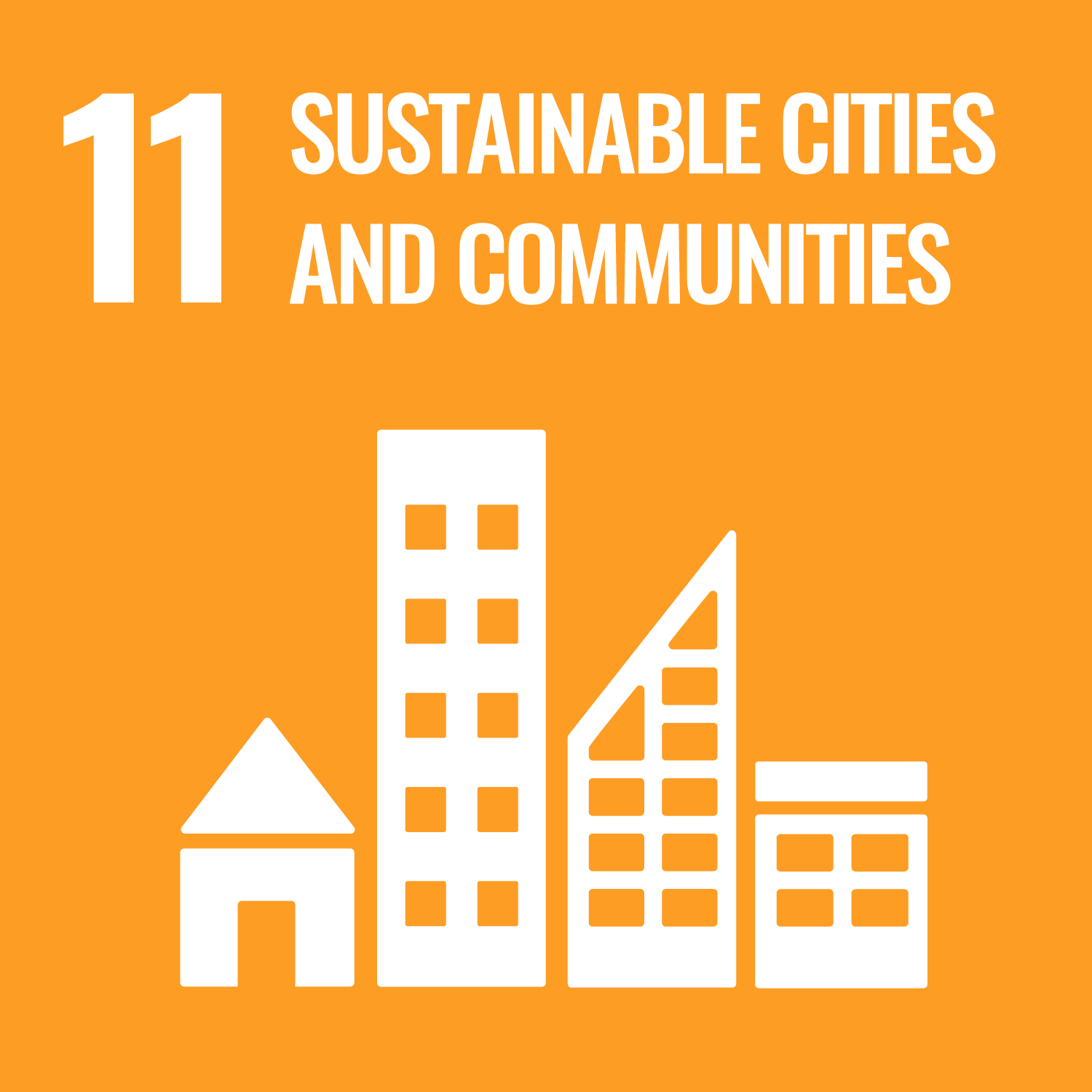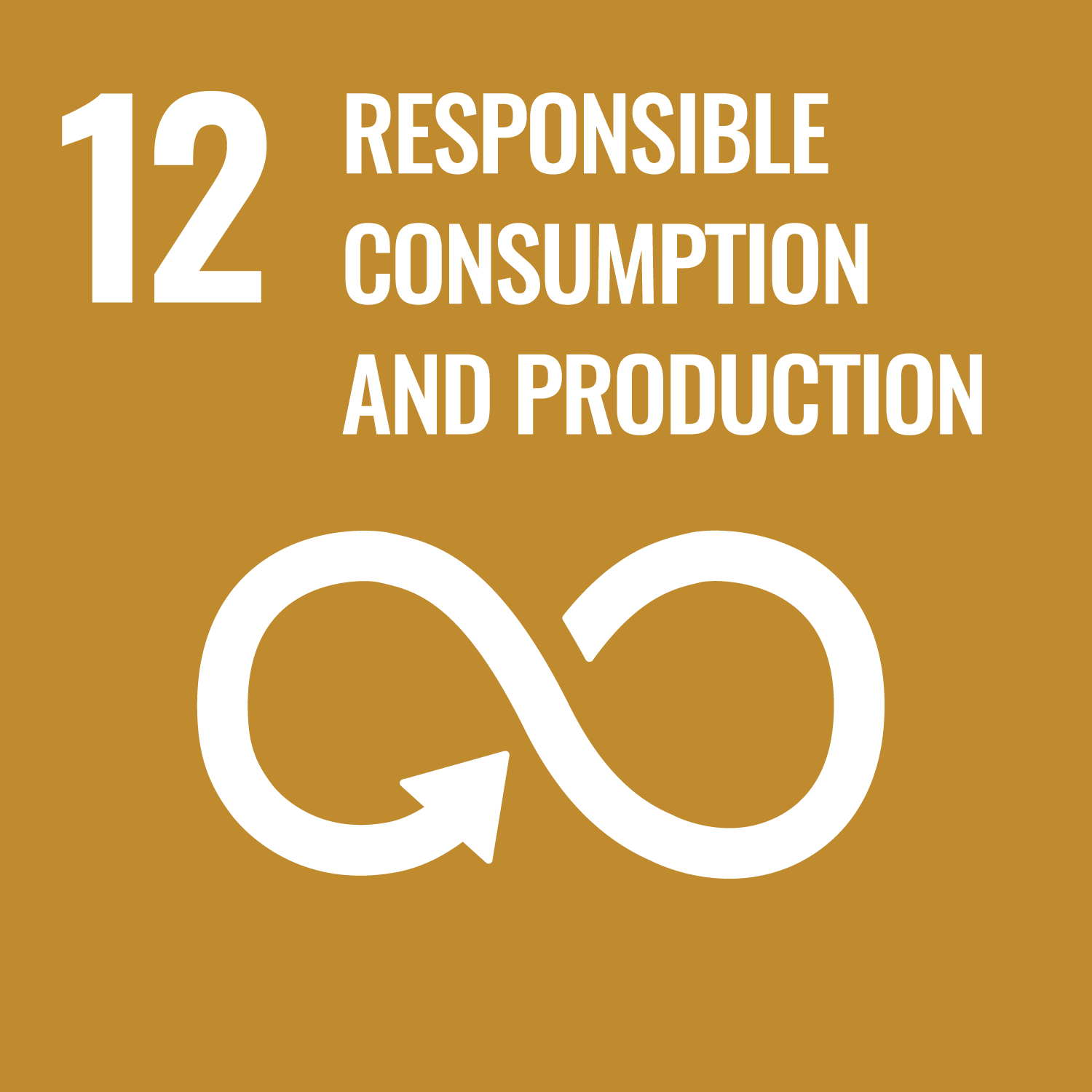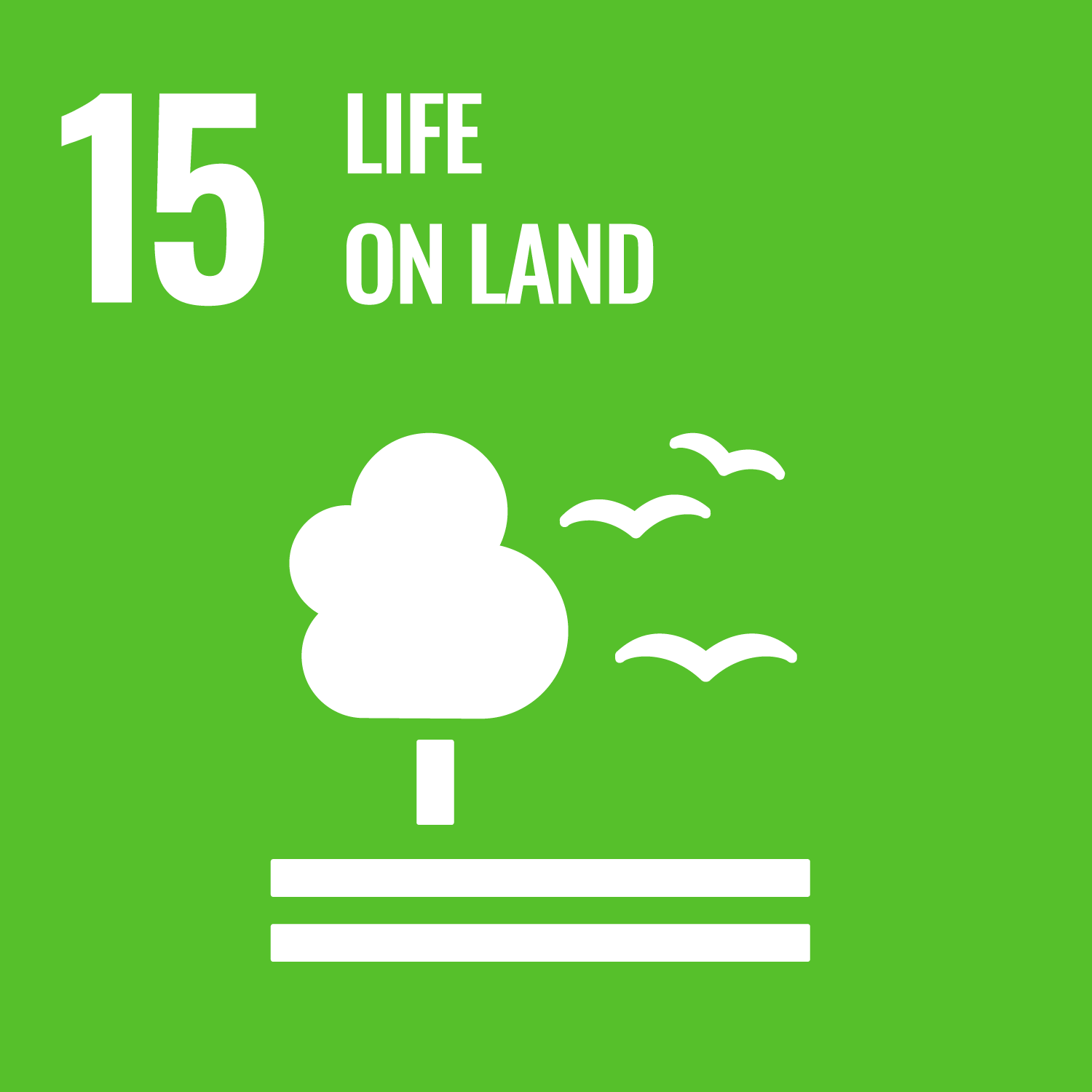Li County under Reform: Policy Implementation and Impact in Central China, 1978 – 2013
This thesis analyses the implementation and impact of a succession of reform policies in a reasonably typical county in central China between 1978 and 2013. Three phases in the recent history of Li County – a fairly representative microcosm – are examined. These phases emerged as China witnessed transitions across three generations of the central leadership. This study pays special attention to certain key reforms: the allocation of lands to households, the development of Township and Village Enterprises, and self-governance for villagers in the 1980s; the decentralisation of fiscal authority, and the tax sharing system in the 1990s; and the reforms of taxes and fees, reforms beneficial to agriculture, and other supporting reforms from 2000 to 2013. By assessing the implementation of these policies in one predominantly agrarian county in central China – in which 81.5% of the population was rural in 2010 - the thesis attempts to present a vivid picture of what has been happening in China, and to explain why China became what it is now. It also seeks to contribute to an understanding of the diverse political and social impacts of the reforms.
The methodology which the current study employs is mainly qualitative. The findings in the thesis are based in part on secondary sources, but it mainly relies on two types of primary sources, which were examined during several phases of fieldwork between 2011 and 2013. First, documentary materials archived by many government departments at different levels within the county were consulted. Second, oral evidence was collected through recorded interviews with local party cadres and peasants in 53 villages in thirty townships within the county. The quantitative data set out in the thesis is drawn either from official statistics or from personal testimonies. The two sets of evidence complement each other, enable cross checking, and lend credibility to this analysis. They help us to understand conflicts that arose amid reform between different groups, and between traditional customs and modern values – and the strategies that have been adopted by a diversity of actors to ease those conflicts and to stabilise society. They also yield insights into the economic, social and environmental impediments which confronted the reform process, and into both the hardships and opportunities which ordinary people encountered.
| Item Type | Thesis (Doctoral) |
|---|---|
| Subjects |
Human Rights & Development Studies Law |
| Divisions | Institute of Commonwealth Studies |
| Date Deposited | 20 Jun 2016 13:56 |
| Last Modified | 06 Aug 2024 04:58 |


